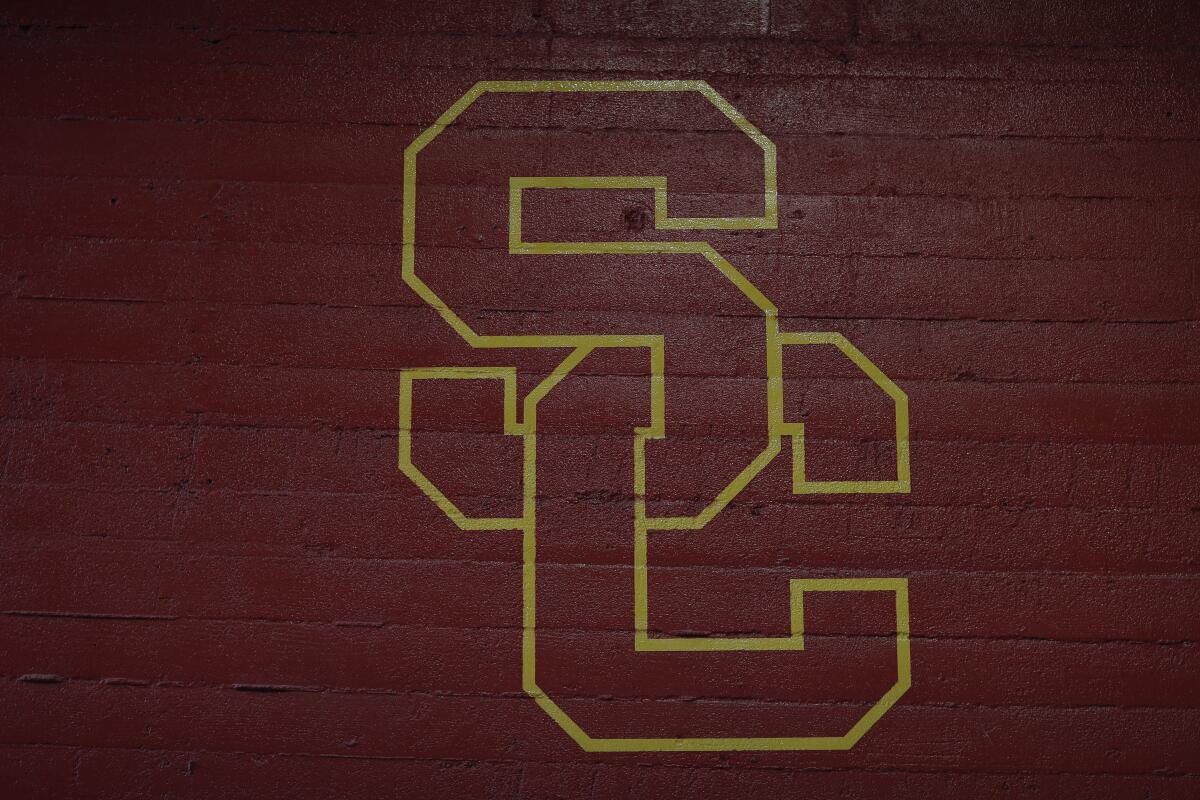
When the Varsity Blues scandal hit in 2019, it rocked American academia in unprecedented ways.
The federal case alleged that wealthy parents cheated to get their kids into elite universities. The prosecution pulled in business titans as well as celebrities like Lori Loughlin and Felicity Huffman.
No university drew in more defendants than USC.
Five years later, a Times investigation revisited the scandal with a trove of new documents that offer a more complex view of Varsity Blues and deeper questions about universities like USC that claimed to be victims of fraud.
The secret door at USC

Well before Rick Singer’s scheme was underway, USC quietly offered wealthy and well-connected families an alternative route to admission with much lower academic expectations and an acceptance rate of 85% to 90%. Internal records show USC fundraisers anticipated significant donations from families of those admitted and, in some cases, became enraged when money failed to materialize.
The Mater Dei connection

Athletic powerhouse high school Mater Dei routinely sends athletes to fill the ranks of USC sports teams, but it also delivered at least half a dozen affluent students who were admitted through the athletic department but never appeared on team rosters.
Reconsidering a central player in the scandal

In her first-ever interview, Donna Heinel recounted her time at the epicenter of the Varsity Blues scandal, four months in prison and her devotion to USC. Heinel told The Times she was scapegoated and detailed how she was schooled in the ways of admitting the children of donors and potential donors as walk-on athletes.